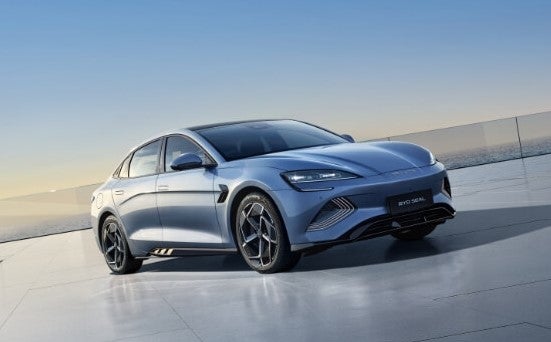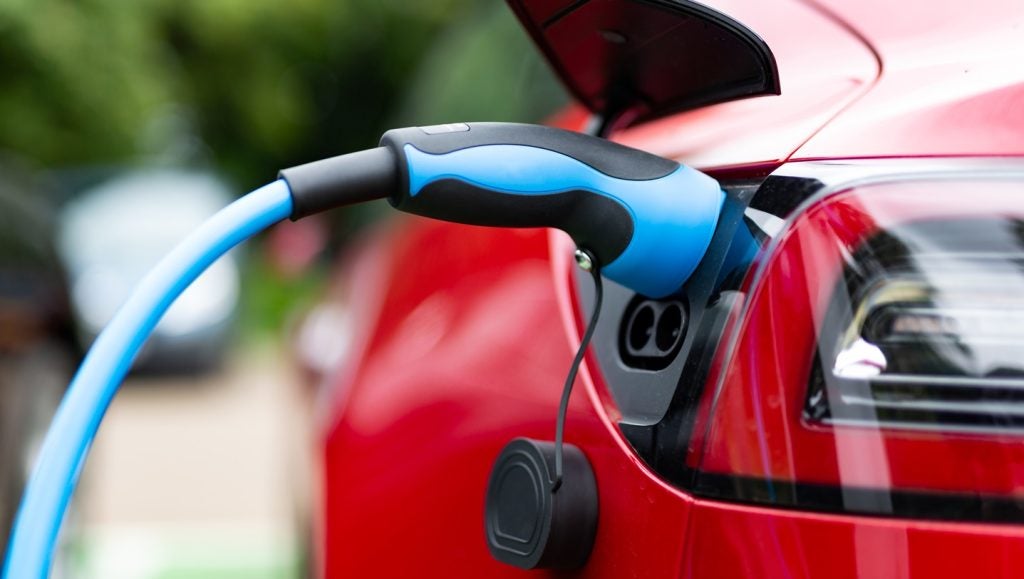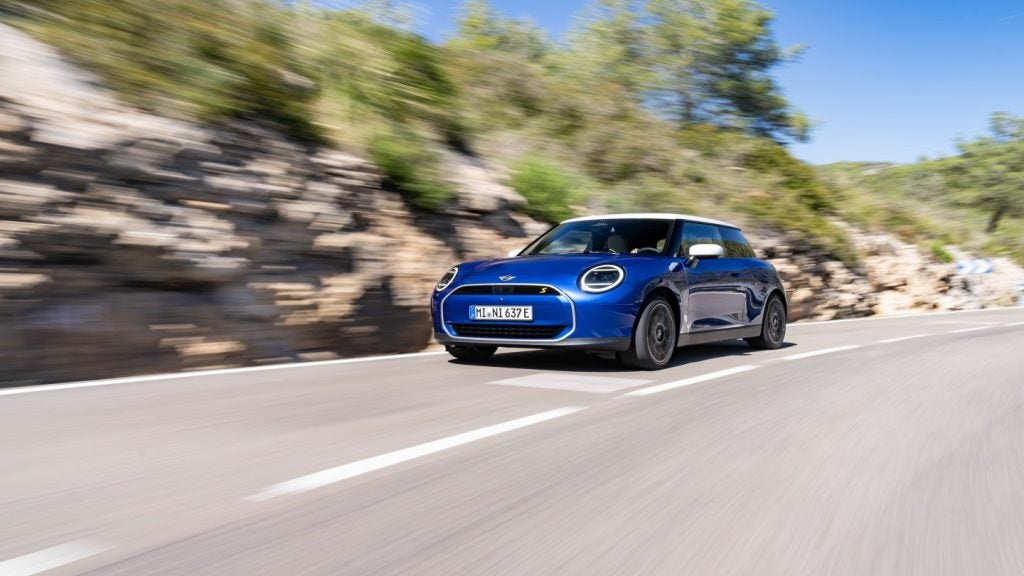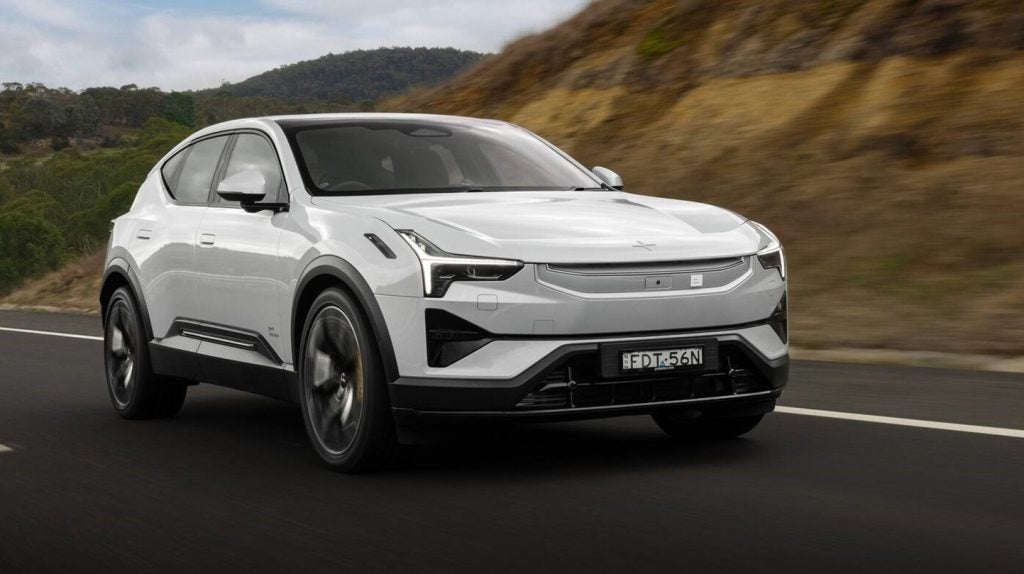Sales of imported light passenger vehicles in South Korea were largely unchanged at 25,229 units in March 2025 compared with 25,263 units a year earlier, according to registration data released by the Korea Automobile Importers & Distributors Association (Kaida).
Import sales in the first quarter of the year increased by 11% to 60,657 units from weak year-earlier sales of 54,583 units, when deliveries were held back by shipping delays caused by geo-political tensions in the Red Sea. Overall demand for new vehicles in South Korea remains sluggish, amid weak domestic economic growth and high consumer debt. Domestic sales of vehicles produced by the five main local manufacturers rose by less than 2% to 327,550 units in the same period.
Sales of imported battery electric vehicles (BEVs) fell by 2% to 10,237 units, as competition from domestic manufacturers increased.
German brands accounted for 68% of total import sales in the first quarter, led by BMW with a 10% rise to 18,612 units, while its Mini subsidiary saw its sales plunge by 37% to 1,392 units. Together, the two brands accounted for 33% of total import sales. Mercedes-Benz saw its sales rebound by 42% to 15,215 units in this period, while Volkswagen Group – including Porsche and Audi – reported a 16% increase to 5,717 units.
Volvo’s first-quarter sales increased by 16% to 3,503 units, while US EV maker Tesla’s sales dropped by 22% to 4,818 units. Toyota saw its sales fall by 8.5% to 2,086 units, while its Lexus division reported a 24% rise to 3,877 units.
Chinese automaker BYD, which officially entered the market earlier this year, reported just 10 deliveries in March. The company said it aims to have 30 sales outlets in place by the end of the year, up from 15 at present.
















